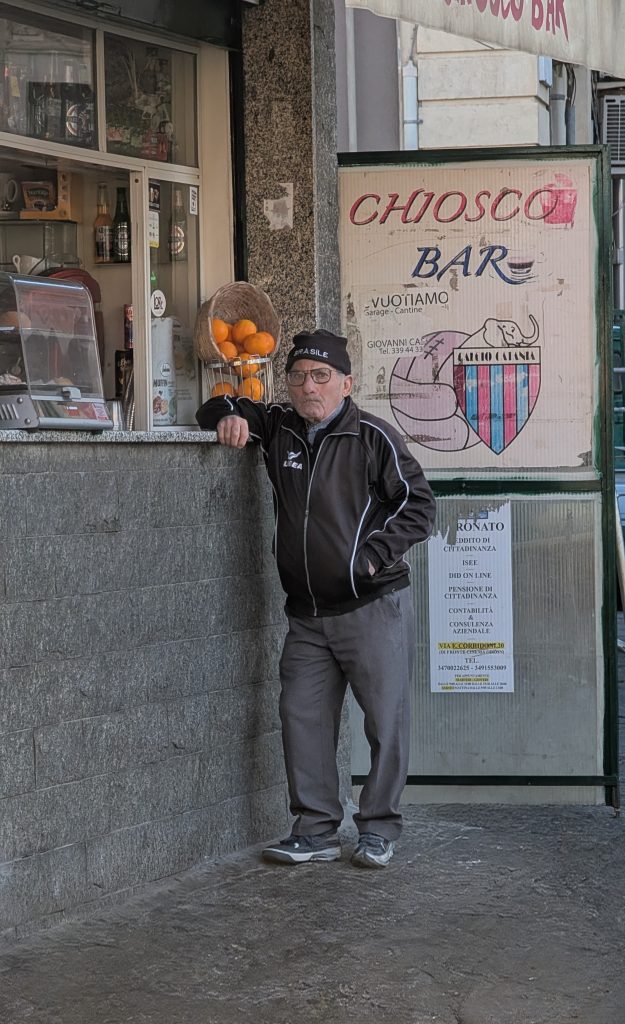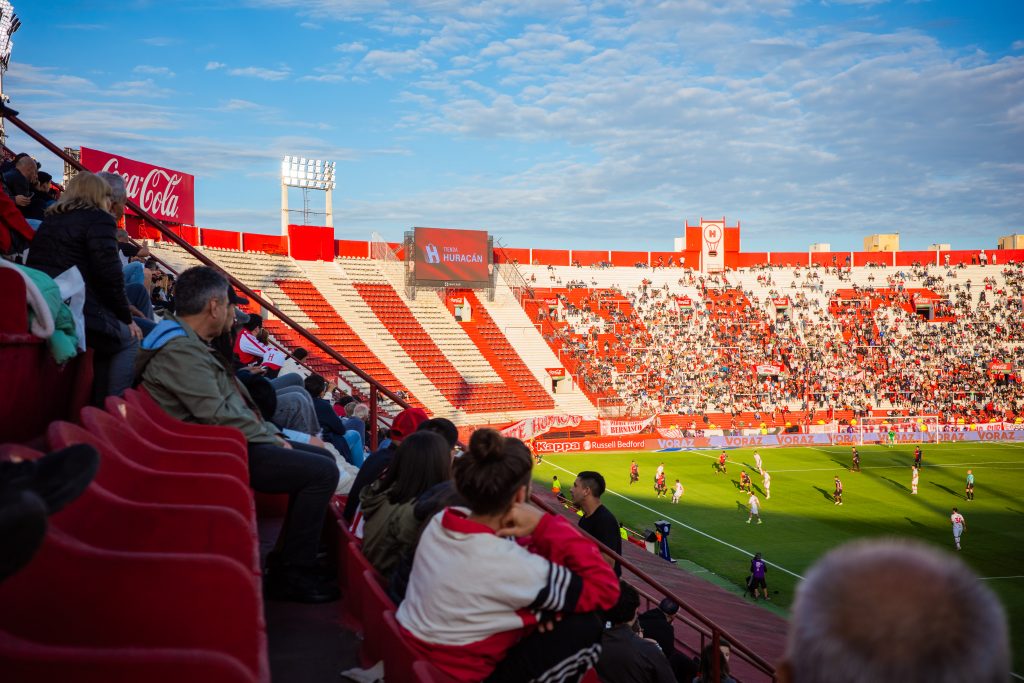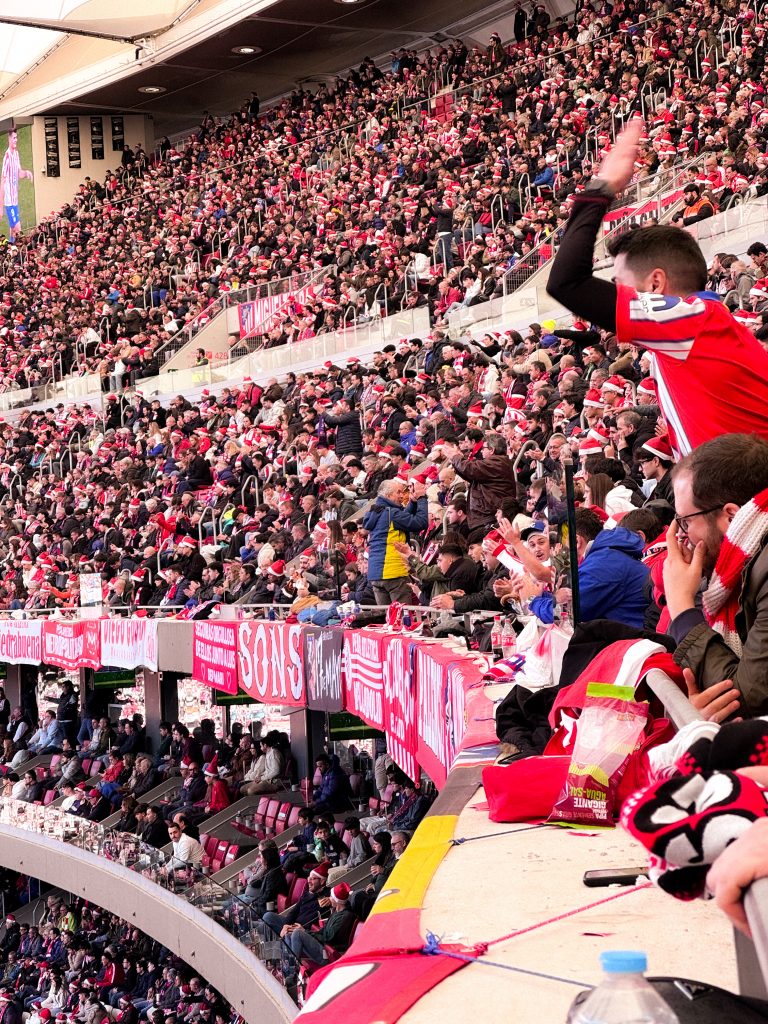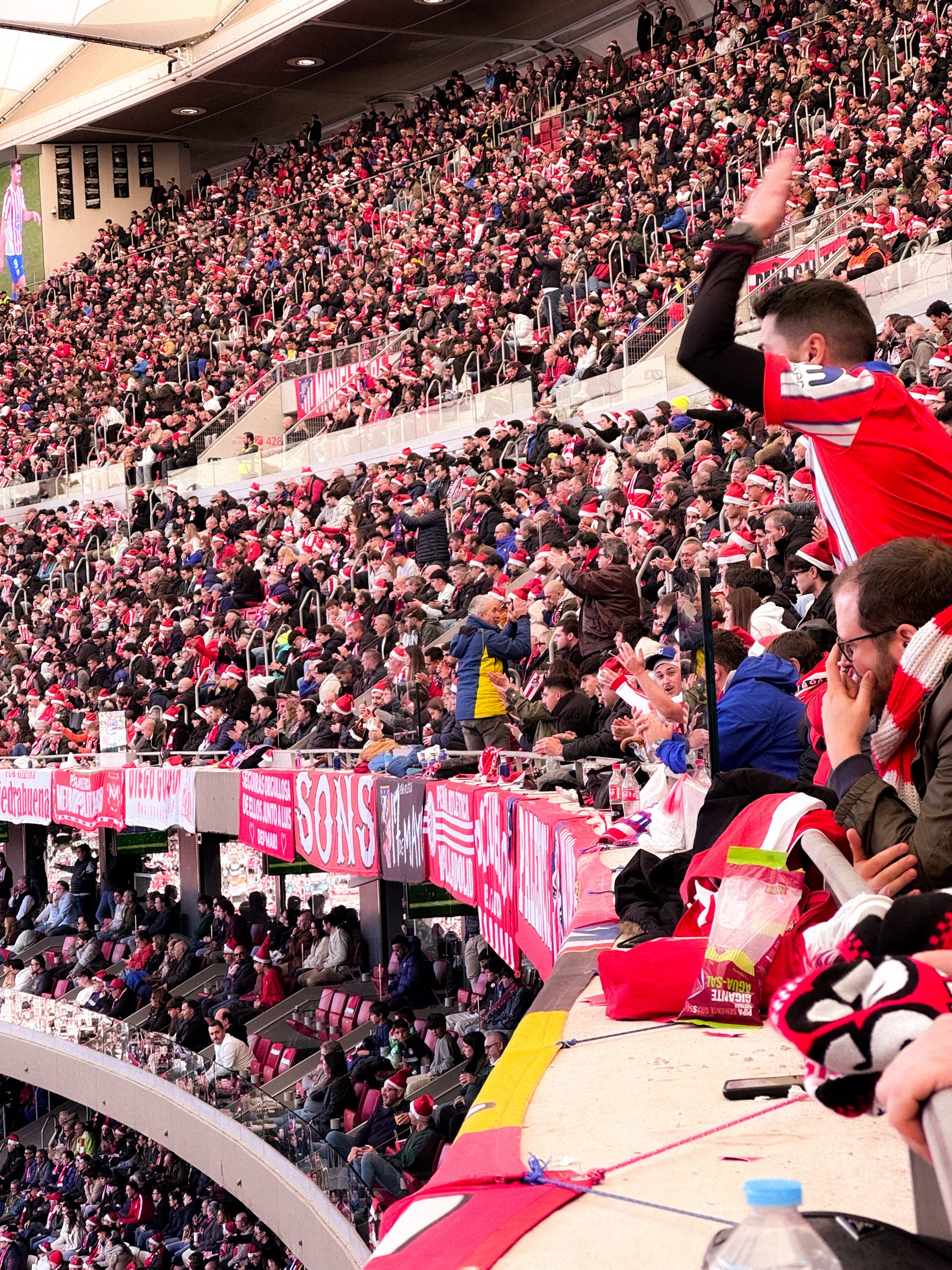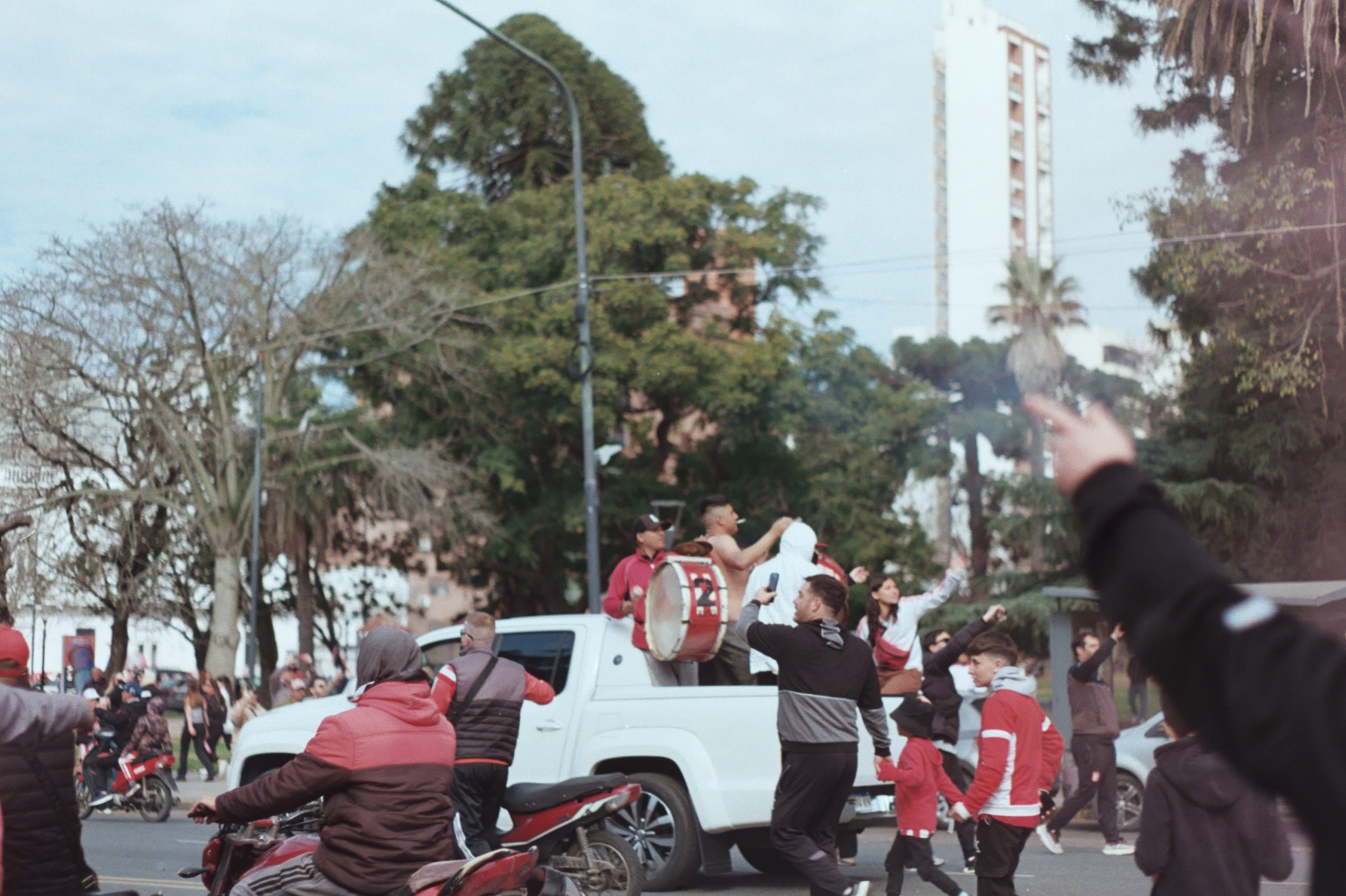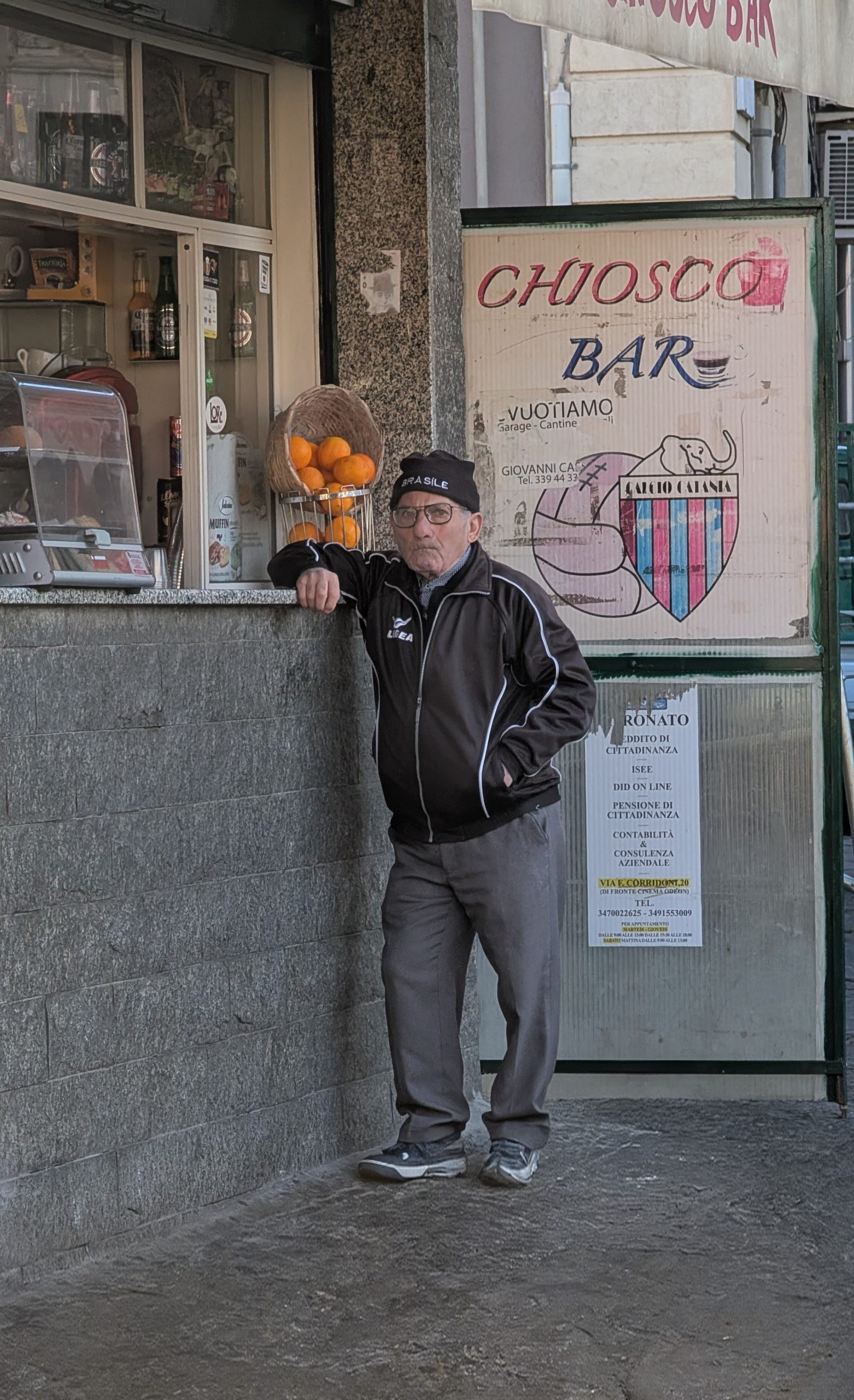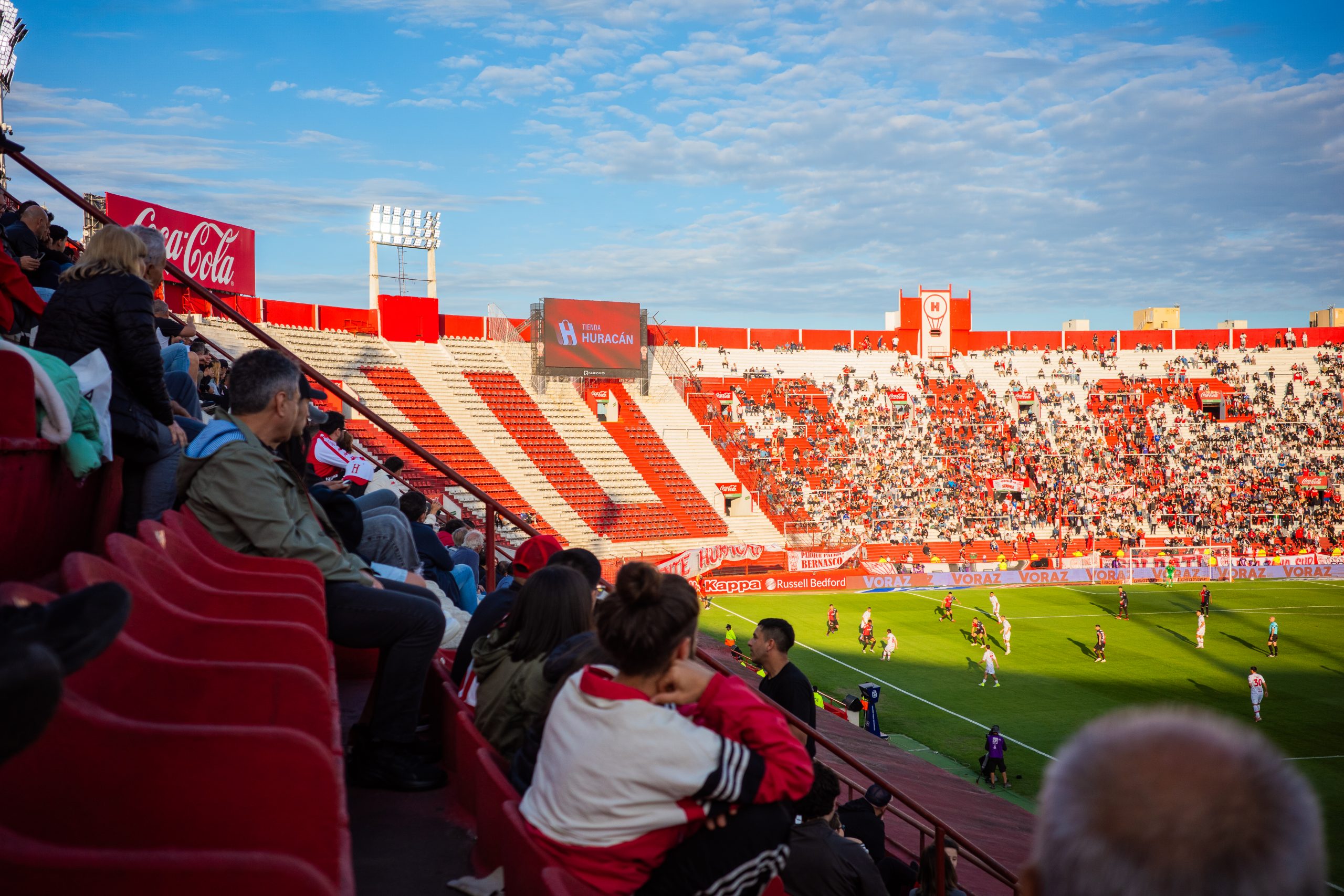By Bernardo Mancini
For days, the Moroccan people have taken to the streets to protest against the government, demanding fewer stadiums and more schools and hospitals — but that’s not all.
The well-known “Generation Z,” commonly referred to as “Gen Z,” is made up of individuals born in the late 1990s and early 2000s — a generation that has turned today’s tools, like TikTok, Instagram, and Facebook, into real instruments of resistance. It happened in Nepal, Indonesia, Madagascar — and now, Morocco. Reels, posts, and stories have given way to images of anger and suffering, allowing those watching from afar to truly immerse themselves in the experiences of those taking to the streets.
These protests, born from basic needs and a desire for a more dignified life, go far beyond simple economic or social demands. They are now challenging powerful symbols of the state’s priorities — most notably, football, which in Morocco represents far more than just a sport. A banner seen in the streets of Marrakech captured the sentiment perfectly:
“We don’t want the World Cup. We want hospitals and schools.”
It all began on September 5, 2024, when King Mohammed VI inaugurated the newly renovated Moulay Abdallah Stadium in Rabat — a 70,000-seat arena that cost millions of euros. The timing struck a nerve: the opening took place on the very same day that, just a few years prior, the al-Haouz earthquake had devastated southern Morocco, leaving hundreds dead and entire regions in ruins. For many, this act was seen as a slap in the face — especially for families still waiting for collapsed infrastructure to be rebuilt.
For a growing number of citizens, seeing millions invested in concrete and spectacle while entire southern regions still await reconstruction marked a breaking point. A collective trauma transformed into public outrage.
Beyond the Rabat stadium, the government has allocated over one billion euros for the organisation of the 2030 FIFA World Cup and the 2025 Africa Cup of Nations. These massive investments, however, appear to ignore the country’s real, urgent needs. Another example: the future Hassan II Stadium in Casablanca — likely to host the World Cup final — will cost an estimated 500 million dollars. Scheduled to open in 2028, it will seat 115,000 people, making it the largest stadium in Africa and the third-largest in the world.
While the spotlight shines on these extravagant international showpieces, the daily reality for many Moroccans remains defined by the absence of basic services. Healthcare, in particular, has become the emblem of a system that excludes rather than protects.
Protests intensified day by day, ultimately culminating in tragedy: the death of eight pregnant women due to lack of medical care in a hospital. This event reignited public outrage over the glaring deficiencies in Morocco’s healthcare system. The country has just 0.43 doctors per 1,000 people — well below the global average of 1.72. The number of nurses is similarly low: only 1.1 per 1,000 inhabitants.
The education sector is also in crisis. Morocco ranks 101st in the world in terms of education quality, and around 25% of university graduates are unemployed. A bleak picture, indeed.
These injustices have sparked a flame that can no longer be extinguished.
In an increasingly connected world, methods of protest are evolving. Moroccan Gen Z, like their counterparts elsewhere, has turned digital tools into platforms for organization and mobilization. Physical squares are now accompanied by virtual spaces — forums where young people discuss, vote, and plan their next moves.
Through a vote on Discord — a platform already used in Nepal to elect new political representatives — the Moroccan people decided to take matters into their own hands. To rise up. To take to the streets.
The government’s response was swift — and brutal. Peaceful demonstrations in major cities were met with repression that echoed the methods of authoritarian regimes: roadblocks, arbitrary arrests, detained journalists, protesters beaten by security forces. Several were injured. Tragically, some lost their lives.
In Leqliaa, a small town on the outskirts of Agadir, three people died during clashes with the police.
Even Moroccan football players have publicly sided with the protesters. “I support the demands of the young and the elderly regarding healthcare and education because they are the foundation of any strong nation. These are completely legitimate demands,” said Nayef Aguerd, central defender for Olympique de Marseille. Hakim Ziyech, formerly of Chelsea and Ajax, reposted a powerful message on Instagram: “For our rights, for dignity, for healthcare and education.”
A national team that, despite its recent success and international rise, has chosen to stand with its people.
But it’s not just the players. Supporters are also making a bold statement. Several Ultras groups have announced they will boycott domestic league matches (Botola Pro being the name of Morocco’s top league).
And so, the stadiums — built to welcome tens of thousands of fans with staggering public investments — may remain empty. Monumental venues, symbolizing pride and power, risk becoming silent monuments to a government out of touch with its citizens. Fans would rather see that money spent on hospitals or schools.
Football, with its global reach, has the power to amplify messages — such as the call to end genocide in Palestine — but it can also be a battleground in itself.
What is happening in Morocco today reflects a global tension between appearance and substance, spectacle and survival, state priorities and citizen needs. While governments invest to impress, entire generations are simply asking to live with dignity.
This is a fight for justice — and it’s being waged in the streets and on Instagram.
All words from Bernardo Mancini


